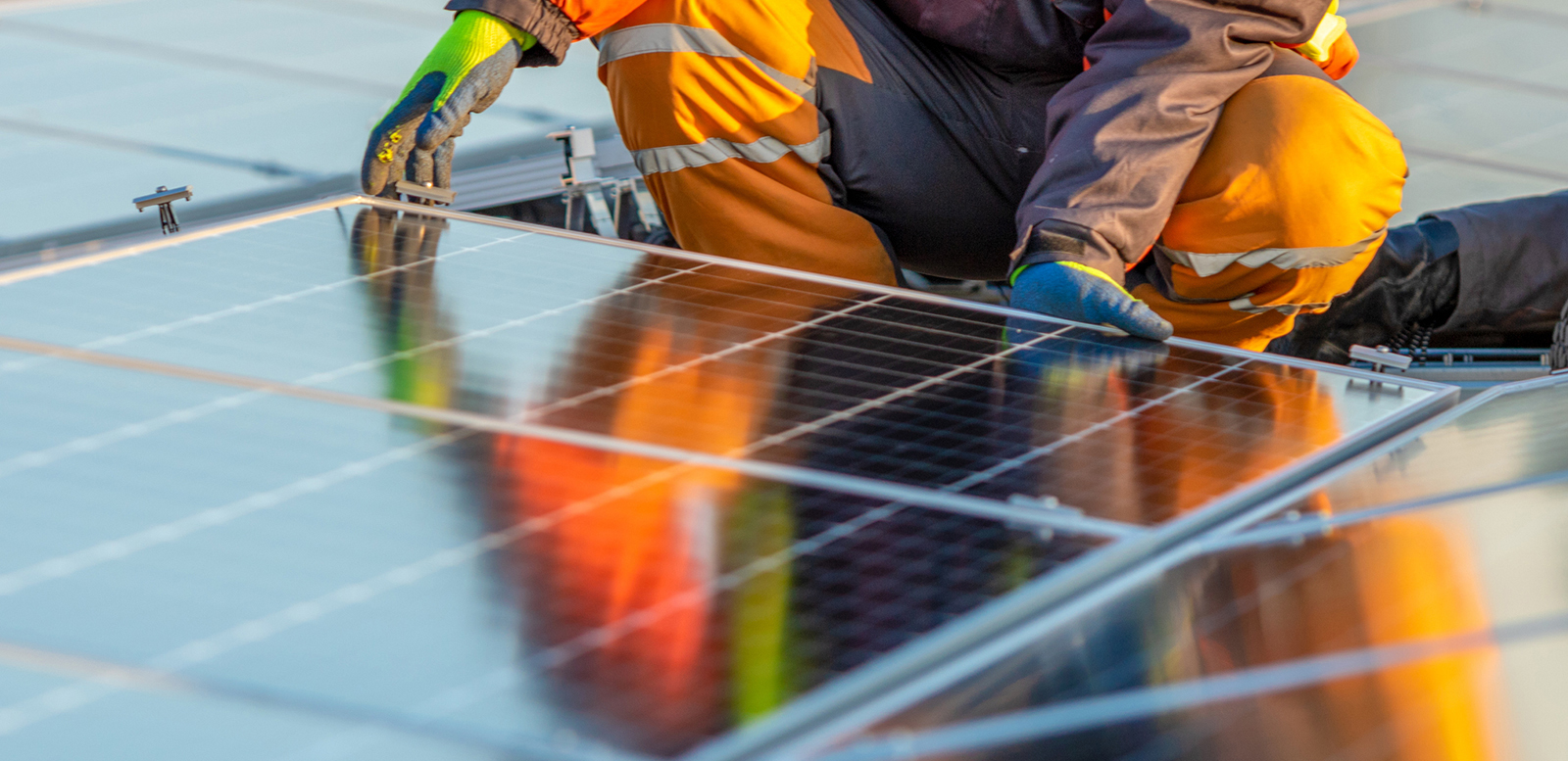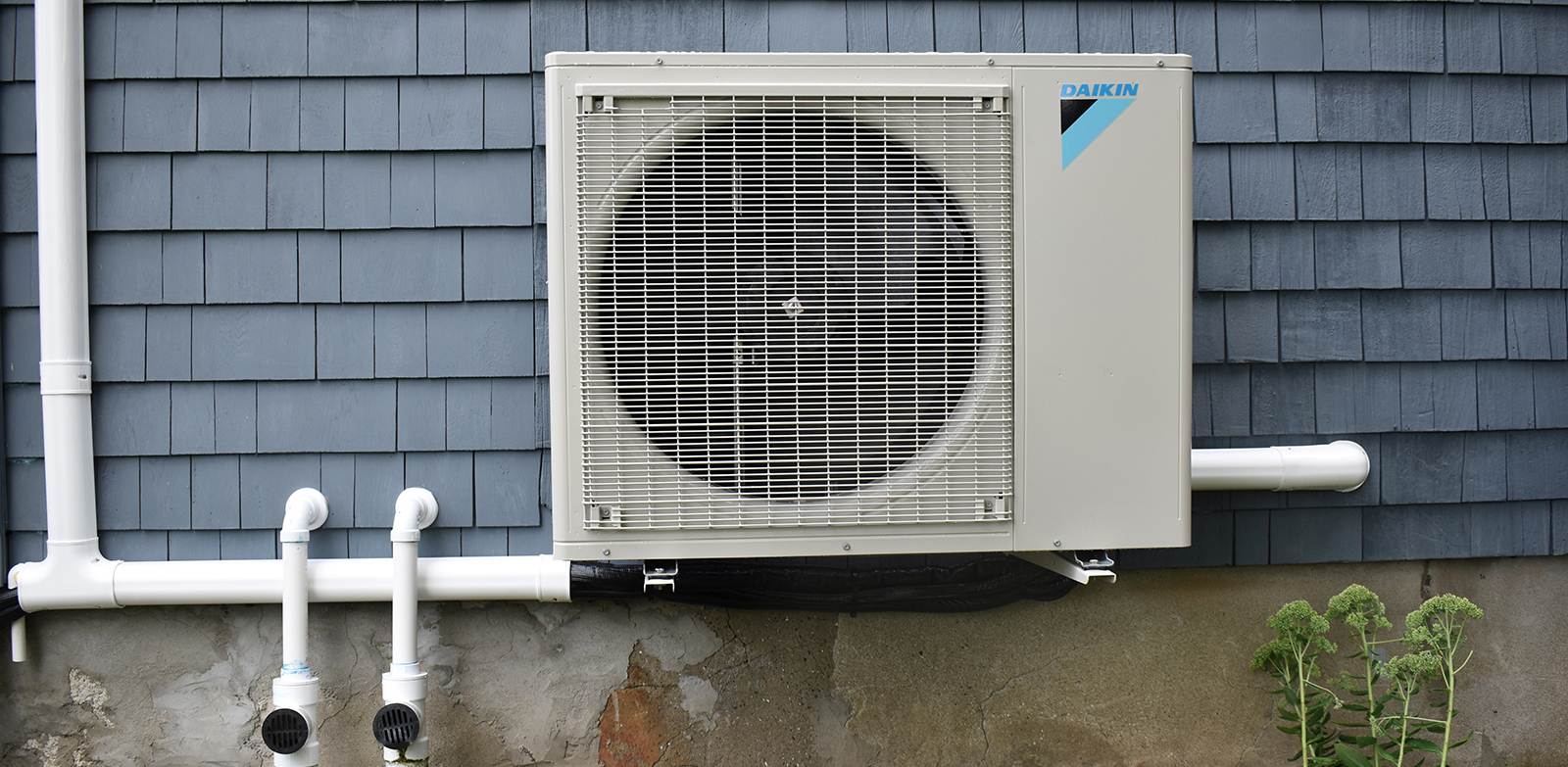Considering Residential Solar? Beware of Scammers, BBB Warns
June 24, 2024
As the focus on renewable energy ramps up in New England and across the United States, and more homeowners are considering installing rooftop solar panels, the Better Business Bureau is warning about scammers using misleading sales tactics to convince homeowners to go solar.
“Con artists use misleading sales tactics and lies to trick homeowners out of money and personal information,” according to the BBB. “If you’ve received an offer for ‘free solar panels,’ it could be a scam.”
Larry Chretien, executive director of the Green Energy Consumers Alliance, said that while he has no specific evidence of such scams in the area, “we generally know there are some solar scammers out there.”
The way such scams work, according to the BBB, is that someone contacts the homeowner, either by email, phone, social media, or in person, pretending to be a solar company salesperson. The “representative” has a special offer: they can install solar panels on the home for a low cost, or even free. Of course, the deal is only available for a limited time, they claim, instilling a sense of urgency and adding pressure on the homeowner.
From here, the scam can go several ways. In some versions, the scammer is after personal information. They ask the homeowner to fill out forms that include banking details “to see if you qualify.” Other times, the “solar representative” claims the person must pay upfront costs, which they promise will be reimbursed by a (non-existent) government program. In other instances, the scammer may begin the installation of the solar panels but then never returns to finish the job. Or, they may install the panels but do a poor job, resulting in panels that don’t work. If the homeowner reaches out to the scammer to finish the job or fix the panels, they become unreachable and disappear.
Chretien urged caution and patience when considering the installation of residential solar.
“Solar is a big investment that alters the home,” he said. “So, we recommend that a person take their time and get at least three bids. Ask installers for proof of insurance and references.”
Chretien said his organization recommends working with EnergySage, a marketplace portal that connects consumers with vetted, local renewable energy installers.
EnergySage “has a great portal,” Chretien said. “A consumer can input their address and EnergySage will get seven bids within a couple of days, and a consumer can select a good, local contractor that way.”
Chretien said the installers “are vetted and cannot contact the consumer until the consumer presses a button allowing that.”
The company “also offers advice on how to compare the bids. We have sent hundreds of consumers to EnergySage and customer satisfaction is very high,” he said.
The median price of a residential solar installation was $4.20 per kilowatt in 2022, according to a report from the Lawrence Berkeley National Laboratory. That figure can change depending on where in the country the homeowner lives.
The federal government will subsidize 30% of the cost of a residential solar project. The Inflation Reduction Act of 2022 made several changes to how federal solar tax credits work: it extended the credit for years, until 2034 and it also raised the rebate to 30% of the total cost of installation until 2032, after which it tails off to 26% and 22% the next two years.
The BBB has tips for homeowners considering residential solar:
Do your research. Genuine incentive programs and reputable solar energy contractors do exist. Before you accept an unsolicited offer, do some research on solar companies in your area. Investigate each company’s reputation and business practices before signing a service contract. Ask for references from previous customers and talk with them about their experience. If you suspect a scam, check BBB Scam Tracker to see if others are reporting the same experience.
Don’t give in to high-pressure sales tactics. Con artists want to provoke an emotional reaction that would cause you to give in to their requests without thinking it through. Take your time; know that a legitimate company won’t pressure you to act. If someone uses aggressive sales tactics on you, especially if the offer was initially unsolicited, it’s best to cut off communication immediately.
Get competing bids. Contact several solar installers if you plan on going solar and get bids from each company. If someone is pulling a con, they will be much easier to spot this way. Learn more about what to ensure is included in your home improvement contract.
Ask plenty of questions and consider the answers. Ask questions about any aspect of a contract or proposal you don’t understand. If the company gets upset about your questions, refuses to answer them, or is vague with their answers, consider it a red flag.




The very first thing you should do is verify that they are licensed to do business in Rhode Island and demand proof. That will likely eliminate half of them. Never respond to a call over the phone or by some clown knocking on the door. Make your own calls and ask that they provide at least 5 references to installations they have done. If they refuse because of “privacy issues” send them packing. If you decide to enter into a contract, make sure that they actually pull a permit. Don’t take their word for it, check with the local permitting authority. Also make sure that you have a net-metering agreement in place with the utility prior to installation. Do not pay 100% up front. Negotiate and hold back a minimum of 10% until the installation is installed and fully in operation and after your first bill from the utility. Many of these solar installers are the modern version of “tin men”. That’s what aluminum siding salesmen used to be called.